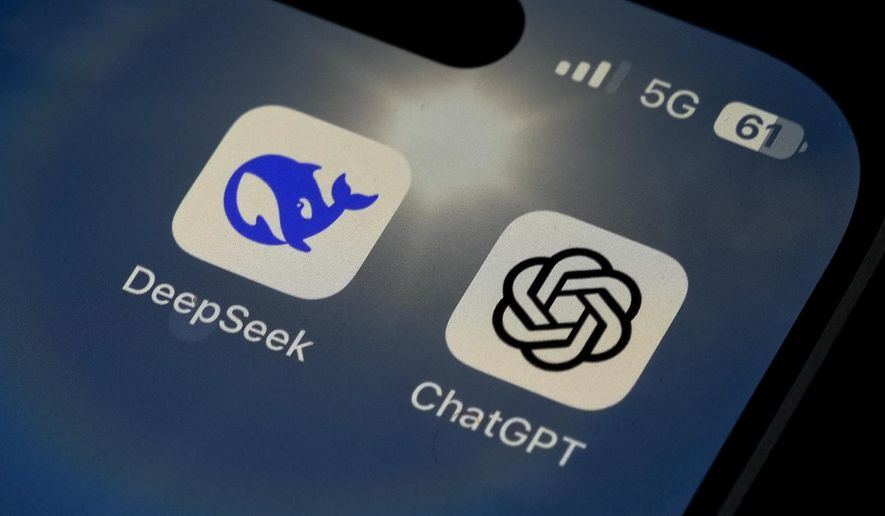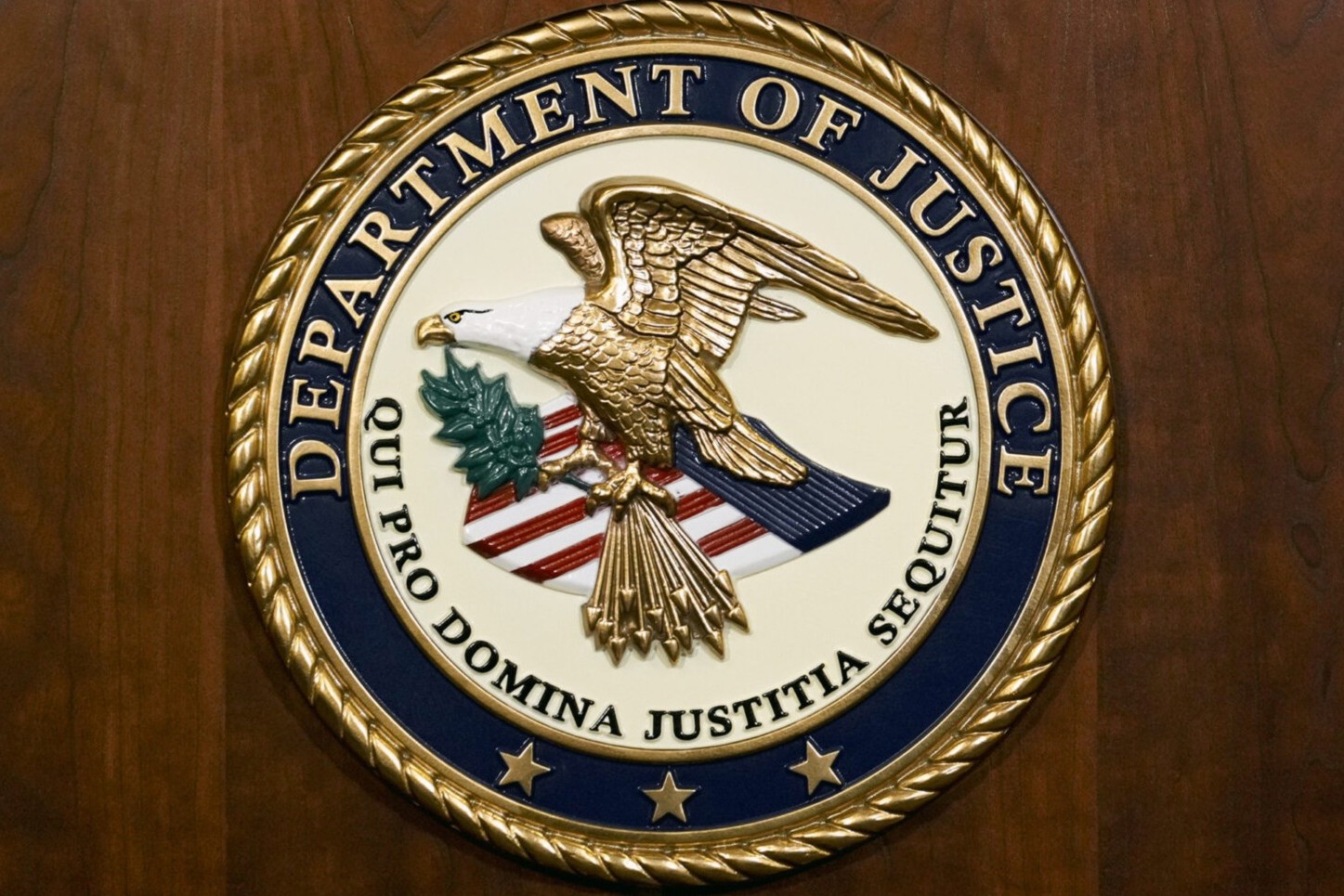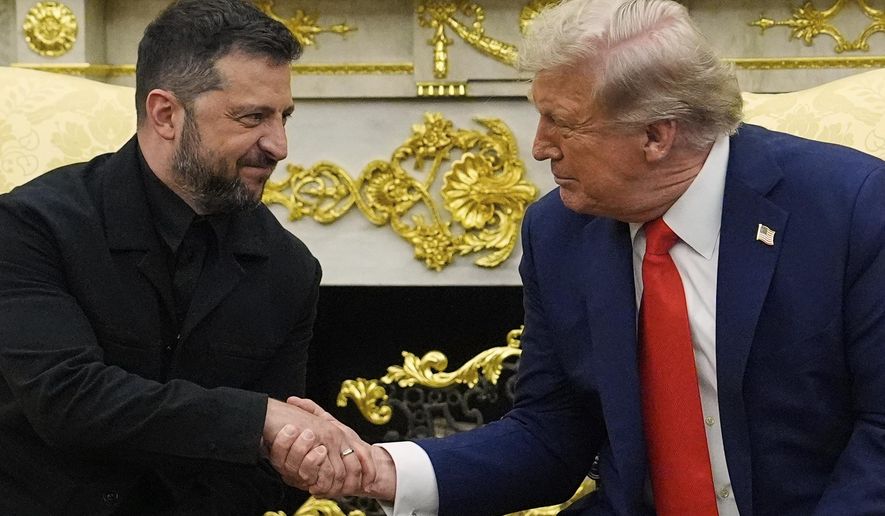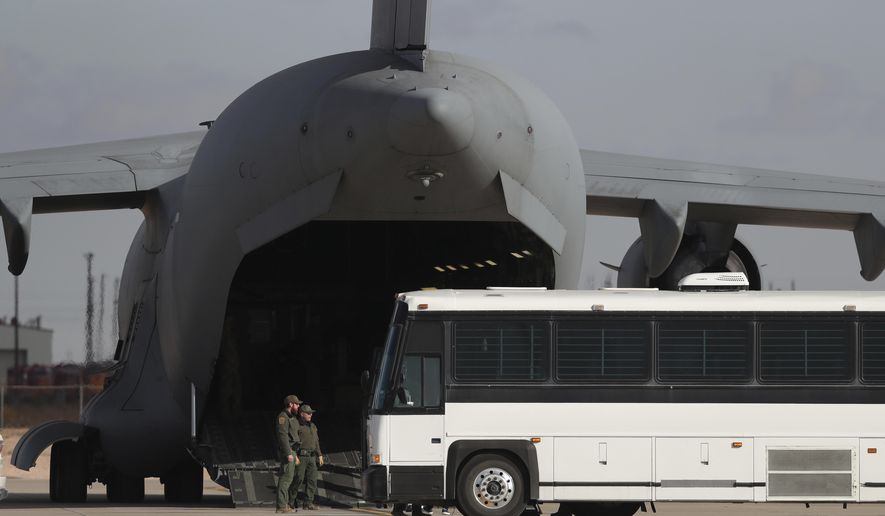
Ryan Lovelace | May 8, 2025
(The Washington Times) — House lawmakers are worried that Chinese thieves are stealing America’s artificial intelligence secrets, boosting confidential info from the leading labs building top technology.
Rep. Darrell Issa, California Republican, said Wednesday that China is refusing meaningful protections to safeguard U.S. intellectual property and is racing ahead in the contest for AI supremacy.
“We know China’s speed is not merely because they invest in innovation, it is also the result of IP theft, reverse engineering, efforts to circumvent U.S. export controls, and more,” Mr. Issa said at a House Judiciary Committee hearing. “China has also weaponized our legal system by financing lawsuits that target American firms in expensive litigation and with the intent, in many cases, to mine that proprietary information.”
Mr. Issa cited the example of the Chinese firm DeepSeek, which is suspected of ripping off American AI firms.
In April, the House Select Committee on the Chinese Communist Party published the results of its investigation that said DeepSeek personnel infiltrated U.S. AI models and violated companies’ terms of service, among other things.
China disputed the findings. Chinese embassy spokesman Liu Pengyu told Bloomberg in April the committee’s claims regarding China and DeepSeek were “groundless.”
But the House Judiciary Committee is studying potential solutions to stop espionage and theft of crucial AI data, which includes such things as model weights, or the sought-after parameters of powerful AI models.
Nicholas Andersen, a former Trump administration cyber official, told the committee on Wednesday it may be time to start treating AI infrastructure as critical infrastructure for cybersecurity purposes.
He said technology such as AI companies and cloud computing providers were not considered critical infrastructure when policymakers last reviewed designations, but that ought to change.
“Doing so today would give us an opportunity to examine minimum cybersecurity requirements, would bring them into the fold for larger strategic planning, and latch them up with communities like DHS’ CISA…the Cybersecurity and Infrastructure Security Agency to be able to engage in information sharing operations,” he said. “These types of things, I think, would help to underpin greater security in these critical infrastructure industries.”
Georgetown University Center for Security and Emerging Technology’s Helen Toner told lawmakers she recommended the government expand voluntary collaborations between AI companies and national security officials.
“There are some early efforts right now, they include threat intelligence sharing with the intelligence community,” Ms. Toner told the committee. “So they are working hand-in-hand in similar ways to how they do with critical infrastructure providers or our defense industrial base to ensure that when there are incoming threats, when we do have state-based actors trying to infiltrate our U.S. companies, they’re trying to find unclassified ways to ensure that the companies are aware and can prevent those threats and defend against them.”
Last year, the National Security Agency told The Washington Times its Cybersecurity Collaboration Center, which partners with cyber companies to guard against foreign hacks, was pursuing a new effort with select AI firms to fight new attacks.
AI companies’ security shortfalls have recently spilled into public view. Gladstone AI, a private firm that has worked closely with the U.S. government to investigate AI labs’ vulnerabilities, determined all frontier labs were “almost certainly” penetrated by the CCP after interviewing lab researchers and executives, as well as a slew of intelligence officers, hackers and others.




















